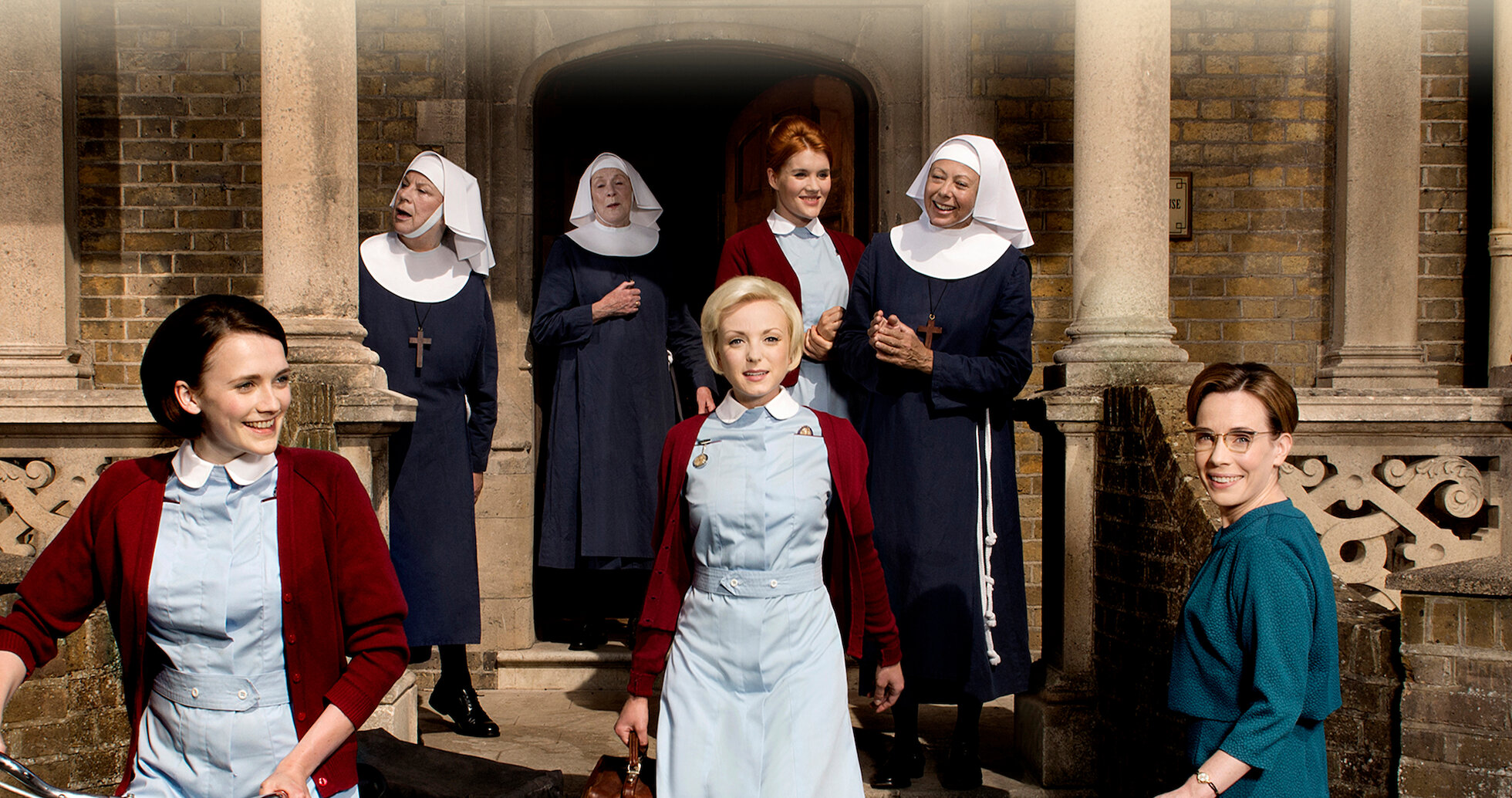The movie “Call the Midwife” is a captivating and poignant film that delves into the world of midwifery and the profound impact midwives have on the lives of women and families.

The movie follows the story of a group of dedicated midwives working in the East End of London in the 1950s and 1960s, providing care and support to women during pregnancy, childbirth, and the postpartum period.
One of the key themes of “Call the Midwife” is the importance of compassion and empathy in the practice of midwifery. The midwives in the film are not just healthcare providers, but also confidants, friends, and advocates for the women in their care. They go above and beyond to ensure that every mother and baby receives the best possible care, regardless of their background or circumstances.

The movie also shines a light on the social and economic inequalities that existed in post-war Britain, particularly in the impoverished neighborhoods of the East End. Through the eyes of the midwives, viewers are introduced to the harsh realities faced by many women and families during this time, including lack of access to healthcare, poor living conditions, and the stigma surrounding unmarried mothers.
“Call the Midwife” is praised for its historically accurate portrayal of midwifery practices and the challenges faced by midwives in the mid-20th century. The film offers a glimpse into a profession that is often overlooked and underappreciated, highlighting the skill, dedication, and resilience of midwives in the face of adversity.
Overall, “Call the Midwife” is a moving and inspiring film that celebrates the unsung heroes of midwifery and pays tribute to the strength and courage of women in childbirth. It is a reminder of the importance of compassionate and holistic care in supporting women during one of the most pivotal moments in their lives.
This movie is a must-see for anyone interested in the history of midwifery, women’s healthcare, or simply appreciates a well-crafted and emotionally resonant story.





